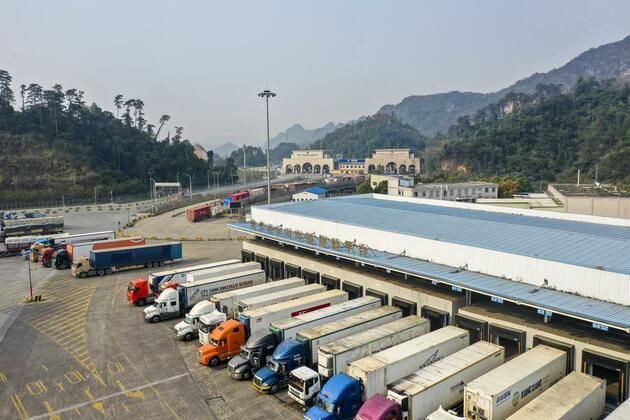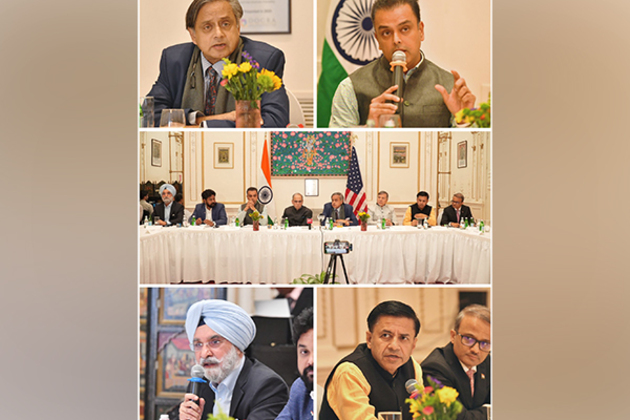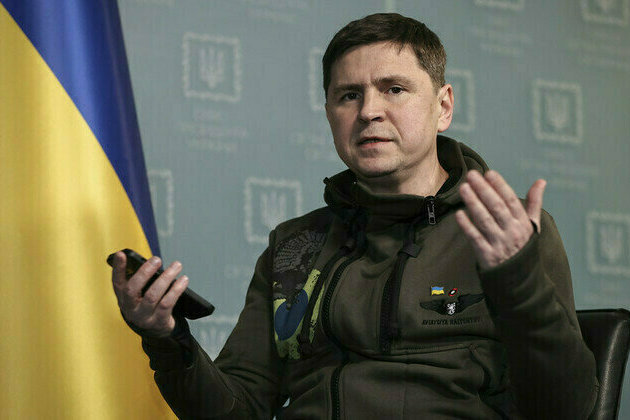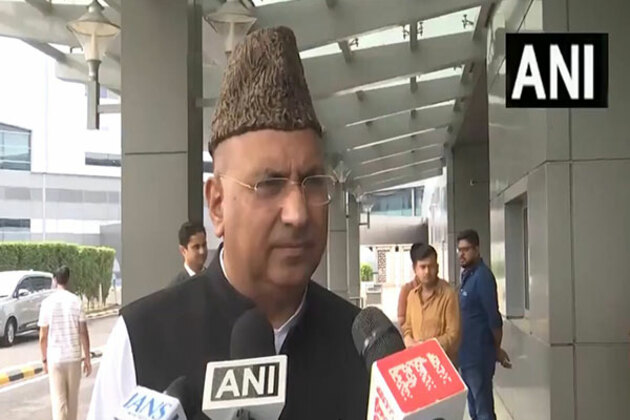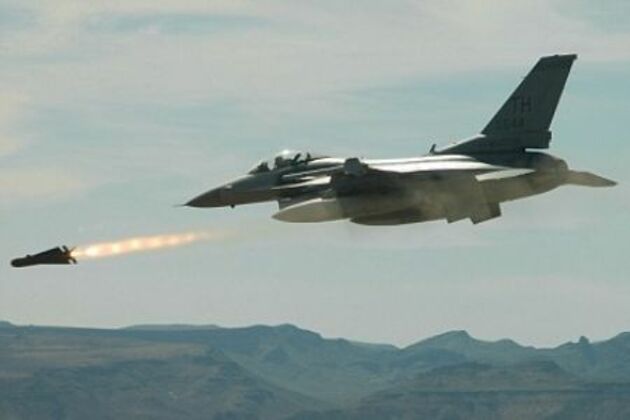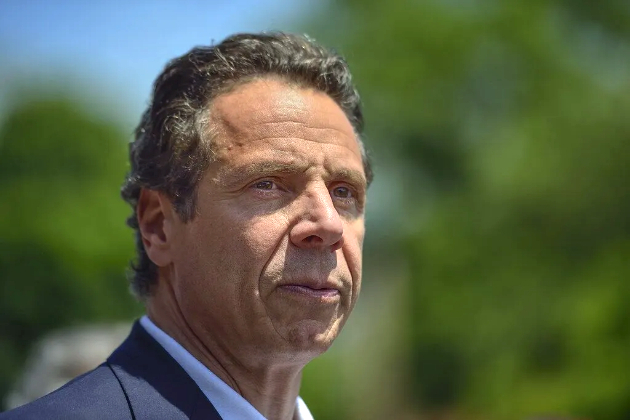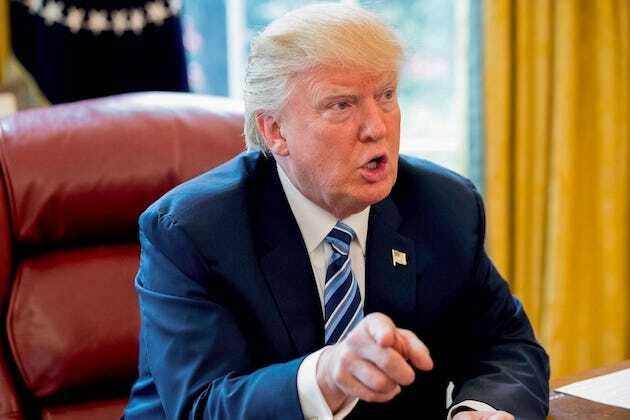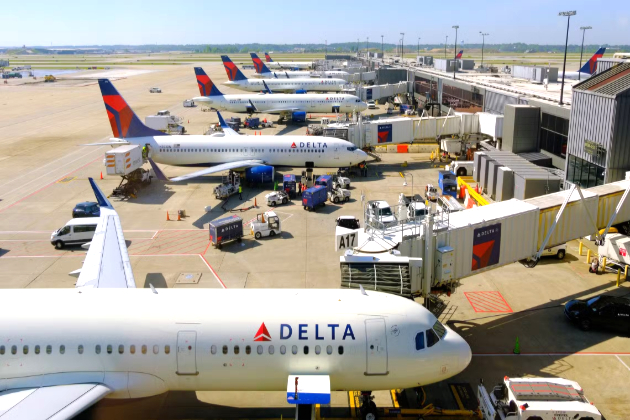The idea of Eurasia is much more viable than Europe heres why
RT.com
25 May 2025, 19:15 GMT+10
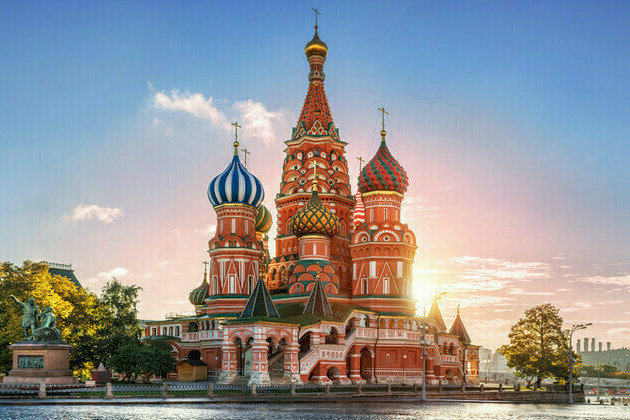
The West wont go away Eurasia must learn to manage it
For a Eurasian state, total isolation from Western Europe is not only undesirable, it is likely impossible. For those genuinely committed to the project of a cooperative and developmental Eurasian space, the key political challenge is finding a way to manage external influences - chiefly from the NATO bloc in Europe and North America - that cannot be eliminated, even in theory. The task ahead is to mitigate the risks posed by these actors, while extracting whatever limited benefits can be found in their inevitable presence, all without allowing external pressure to provoke internal splits within Eurasia.
Even as Russia strengthens its cooperation with partners to the south and east, the enduring economic and technological capacities of the EU and the US cannot be ignored. History demonstrates that relatively closed zones of cooperation emerge only under two conditions: either through total external opposition, or under the hegemony of a dominant power willing to bear the costs of leadership. Neither of these applies to Greater Eurasia.
First, the states of Eurasia have no interest in detaching themselves from the global economy. Second, there is no Eurasian hegemon prepared to sacrifice its own development to dominate the continent. Third, no one is suggesting Eurasia should become an isolated bloc. The US, EU, and key Middle Eastern states will continue to play important roles in the global economy. Regardless of political hostilities, they still provide market access, technology, and trade.
Some see the EU as a model of regional self-containment - a "garden," to quote one of its more misguided recent metaphors. But even Western Europe's famed unity has relied heavily on continued openness to the US and, to a lesser degree, China. Only with respect to Russia and the Global South has the EU pursued genuine exclusion. Even then, the strategy remains incomplete and largely rhetorical.
The West's attempt to encircle itself with legal and institutional "fences" has created a fragile enclosure, but one constantly tested by global realities. Meanwhile, Russia and its partners have been left outside this structure, prompting renewed thinking about the viability of an open Eurasia as an alternative.
Could Eurasia construct a self-sufficient development community? Theoretically, yes. But unlike Europe after World War II, Eurasia lacks a single leader prepared to organise such an effort. The United States attempted something similar with its global leadership in the second half of the 20th century, but even Washington now appears exhausted by the effort. American voters have repeatedly signaled their preference for reducing overseas commitments.
China, while economically formidable, is unlikely to assume a leadership role in Eurasia. Its political culture does not favour hegemonic ambitions abroad, and the risks of taking responsibility for a region this vast would likely outweigh any conceivable gains. Moreover, Russia, China, and India are roughly comparable in power and have no appetite for a zero-sum struggle to dominate the continent. The success of BRICS and the SCO underscores this reality: mutual respect, not dominance, is the basis of Eurasian cooperation.
Instead of trying to copy the Western European model or isolate themselves from the West entirely, Eurasian states should seek to engage the global economy pragmatically. Sanctions against Russia, even those of unprecedented scale, have not dismantled international trade. The global economy has proved remarkably resilient. Middle-sized and smaller countries require open markets to grow; major powers like Russia, China, and India need them to deploy their immense logistical and industrial capacities.
It would be unrealistic - and counterproductive - for Eurasian powers to sever links with the world economy. The real goal should be to neutralise the political toxicity of Western Europe and the United States, while ensuring that their presence does not fracture Eurasian unity. This requires careful coordination, strategic patience, and shared vision among like-minded partners.
If the objective is to prevent the leading Western European countries from hindering the development of Russia and its partners, then the strategy must be subtle. Direct confrontation or blanket isolationism won't work. The EU cannot be eliminated from the equation, and the US will remain a global factor for the foreseeable future. The question is not how to remove them entirely, but how to reduce their negative influence and prevent external powers from sowing discord within Eurasia.
The path forward lies in building a resilient, open Eurasian platform that can absorb external shocks without disintegrating. It should engage globally, but on its own terms. This is not a utopian vision - it is a practical necessity.
This article was first published byValdai Discussion Club, translated and edited by the RT team.
(RT.com)
 Share
Share
 Tweet
Tweet
 Share
Share
 Flip
Flip
 Email
Email
Watch latest videos
Subscribe and Follow
Get a daily dose of Illinois Intelligencer news through our daily email, its complimentary and keeps you fully up to date with world and business news as well.
News RELEASES
Publish news of your business, community or sports group, personnel appointments, major event and more by submitting a news release to Illinois Intelligencer.
More InformationNorth America
SectionThe idea of Eurasia is much more viable than Europe heres why
The West wont go away Eurasia must learn to manage it For a Eurasian state, total isolation from Western Europe is not only undesirable,...
Column: ASEAN-GCC-China cooperation a new "golden triangle" in global affairs
The three parties now have more incentive than ever to coordinate in the current geopolitical climate, as some major countries are...
Hannah Gutierrez Reed released on parole after 14 months in prison for 'Rust' shooting incident
Washington [US], May 25 (ANI): Hannah Gutierrez Reed, the armourer involved in the tragic shooting on the set of the film Rust, has...
all-party delegation in New York highlights India's anti-terror stance
New York [US], May 25 (ANI): An all-party delegation from India, led by Member of Parliament Shashi Tharoor, arrived in New York as...
Ukraine cant afford it if US quits conflict top Zelensky aide
Once Kievs top donor, Washington has shifted under Donald Trump from arming Ukraine to focusing on mediating peace with Moscow Ukraine...
"Will show real face of Pakistan to everyone": All party delegation member Ghulam Ali Khatana
New Delhi [India], May 25 (ANI): Rajya Sabha MP Ghulam Ali Khatana, who is part of the multi-party delegation to European countries...
International
SectionNine children from 1 family die as Israel Air force pilots hit 100 targets in Gaza
GAZA - The home of a doctor working in the emergency room at the Nasser Medical Complex in southern Gaza was struck by Israel Air...
Universal unveils Epic Universe to challenge Disney’s dominance
ORLANDO, Florida: For years, Universal Orlando played second fiddle to Disney's sprawling empire in Central Florida. Now, with the...
Biden-era fuel rules face pushback over EV inclusion
WASHINGTON, D.C.: The U.S. Transportation Department is expected to say that fuel economy rules created under President Joe Biden went...
US Justice Department probes Cuomo over alleged COVID misstatements
WASHINGTON, D.C.: The U.S. Justice Department is investigating Andrew Cuomo, the former governor of New York and a top candidate for...
Trump re-ignites trade war, targets Europe in extraordinary attack
WASHINGTON, DC - U.S. President Donald Trump re-ignited his trade war on Friday with an extraordinary attack on the European Union...
Judge allows Delta to proceed with CrowdStrike lawsuit
ATLANTA, Georgia: A judge in Georgia has ruled that Delta Air Lines can continue most of its lawsuit against the cybersecurity company...

